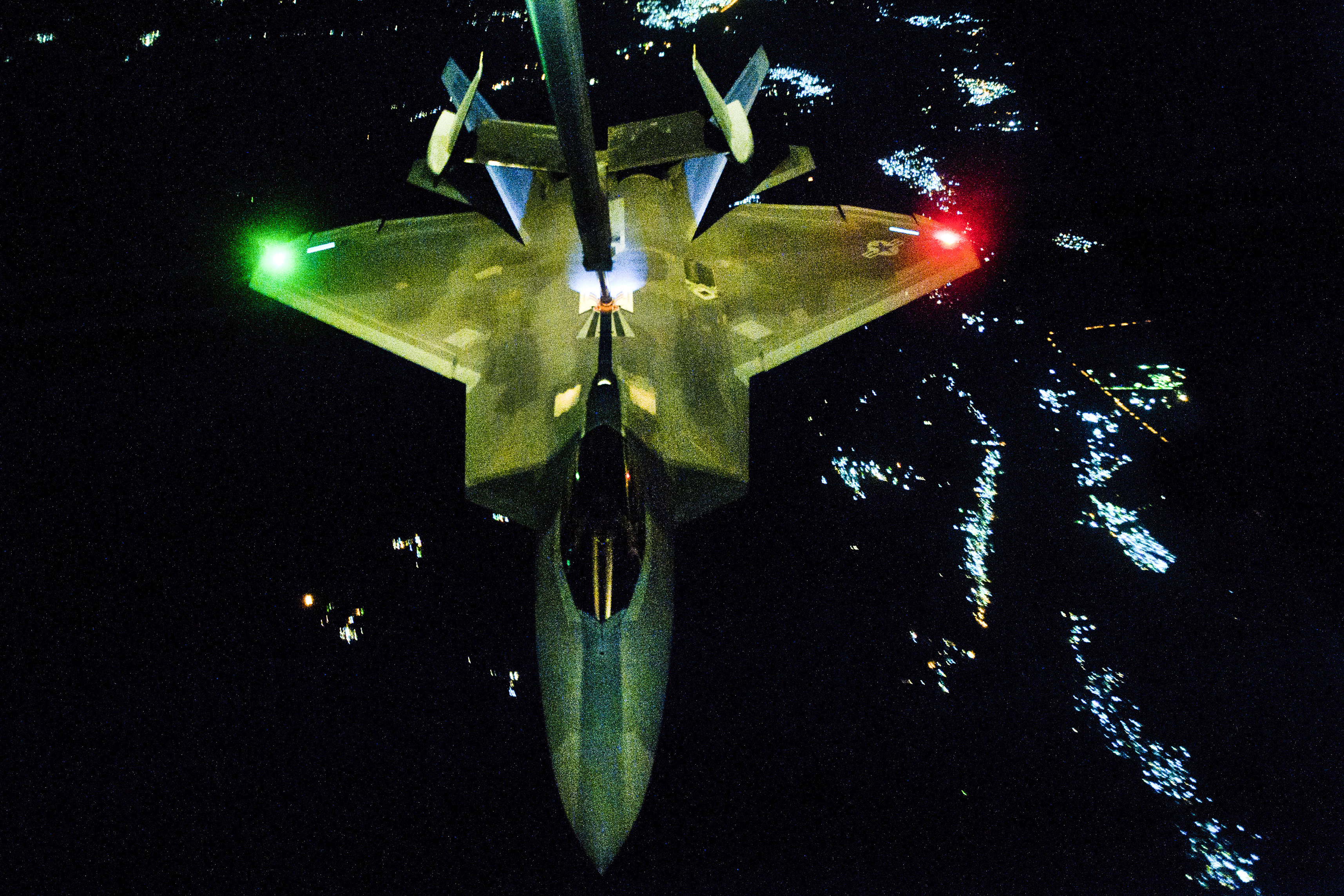5 September 2015 – Trento, IT
by Scott Nicholas Romaniuk
The current war in Syria is not a war, yet. Danial Kofman, author of A Matter of Principle: Humanitarian Arguments for War in Iraq, interventions are not permitted then, “the implication seems to be, pretty soon, horrors of horrors, no murderously repressive regimes might remain.”

For nearly an entire year, the US has led coalition airstrikes against the ISIS in Syria. Without the approval of the UN, US-led intervention violates international law and is simply a splinter move in an attempt to disarm an oddly evasive militant group showboating far more military weaponry and firepower than it actually possesses. Still, no “silver bullet” has been found with the view to pushing the intervention past its stagnant position and putting an end to ISIS.
Prior to American intervention, a common position was that if the US wants to move into Syria, it would have to do so without the support of the American people. If the American public increasingly shows its preference for discreet military operations, why has the US government move beyond discreet operations such as those taking place in Pakistan via the CIA’s weaponized drone program, but failed to apply the full weight of US military arsenals? Is the US simply fumbling towards war?
What might have gone unnoticed by many observers of the US-led intervention in Syria is that the US is not entering Syria for the first time. Failure to conform to anti-Communist policies during the 1950s signaled the beginning of US intervention in Syria. President Assad invited US attention during the 1980s with his pro-Soviet policies. Today’s operations are merely a continuation of those attempts to shape and mould the politics of Syria. The height of US operations in Iraq, during the mid-2000s brought an unwelcome recrudescence of US special operations, that, on one occasion, brought over 20 American commandos who flew in with Black Hawk helicopters. Accusations of the US committing “terrorist transgression” came rushing at Washington with Damascus claiming that numerous civilians had been killed.
Syrian opposition funding would come as no surprise to even the most stalwart supporters of the President Obama and his foreign policy towards Syria, but nobody really opposed the CIA-training and deployment of a 50-man insurgent division to Syria. Several years ago the decision was welcomed by Republicans, at a time when an important Congressional vote on military action was about to take place. This is when Obama’s goal was to simply “degrade Assad’s capabilities.” Since then, the US has been slowly sliding its way to war. So why is the US not stepping decisively towards war?
The Ground Game – Abroad and at Home
As former CIA Deputy Director, Michael Morell, despondently revealed, a massive number of troops would be required to destroy ISIS:
“Unless the coalition is willing to put more ground troops into Iraq, and possibly into Syria, there is very little we can do to respond … I think it would take 100,000 [troops to destroy ISIS] and that will simply does not exist here and it doesn’t exist in the other coalition countries”.
The US, fully understanding the CIA as a strategic asset, has put it to limited use but enough to test the waters regarding the one of the most promising methods for destroying a hierarchical terrorist organization like ISIS.

The perceived role of US special operations forces in leadership decapitation has been tremendously enhanced since its most successful mission known as “Operation Neptune Spear,” which resulted in the death of Osama bin Laden. It was acceptable within the realm of international law given that is was a permissible and proportional use of force in America’s ongoing war with al-Qaeda. The White House successful eliminated Fadhil Ahmad al-Hayali (known as Hajji Mutazz) near the Mosul. White House spokesperson Ned Price underscored the importance of this killing by noting his influence, which “spanned [ISIS’] finance, media, operations, and logistics”.
Washington’s other option is to place the necessary human resources directly on the battlefields of Syria and Iraq to uproot the group. Public support for US military action against ISIS has increased nearly 10 percent from September 2014 to September 2015 but where direct US intervention by means of ground forces is concerned, strong heavy opposition is not difficult to come by. America’s Democrats are unsurprisingly opposed, with up to 70 percent opposition recorded
Disapproval ratings for military action against ISIS are steadily decreasing (so the gap between “approve” and “disapprove” is growing). The opinion of the American public is that little progress has been made in Syria and Iraq. Moreover, there is a great deal of uncertainty about what the US government will do among a wide range of Americans. There are obvious constraints at work that prevent the US and its coalition friends from putting “boots on the ground.” If this option can be stricken from the list, further undertaking discreet military operations and taking advantage of ISIS’ fairly small leadership body would be a wise course of action.
The American public’s lack of support for anything more suggests that this is precisely the course of action that Washington ought to pursue. Whether awareness of its own weak organizational structure registers among ISIS’ commanders or not is just presumable. As Sheikh Ahmed Yassin said, when he spoke of the Hamas organization, “[w]e cannot separate the wing from the body. If we do so, the body will not be able to fly”.
Feature Photo: F-22 Raptor refuels prior to mission in Syria – Wikimedia , 2015
Inset Photo: Twin explosion in Kobane – Karl-Ludwig Poggemann, Flickr, 2015
Inset Photo: US reaction to Osama bin Laden’s death – Wikimedia Commons, 2015
DefenceReport’s Analysis is a multi-format blog that is based on opinions, insights and dedicated research from DefRep editorial staff and writers. The analysis expressed here are the author’s own and are separate from DefRep reports, which are based on independent and objective reporting.


